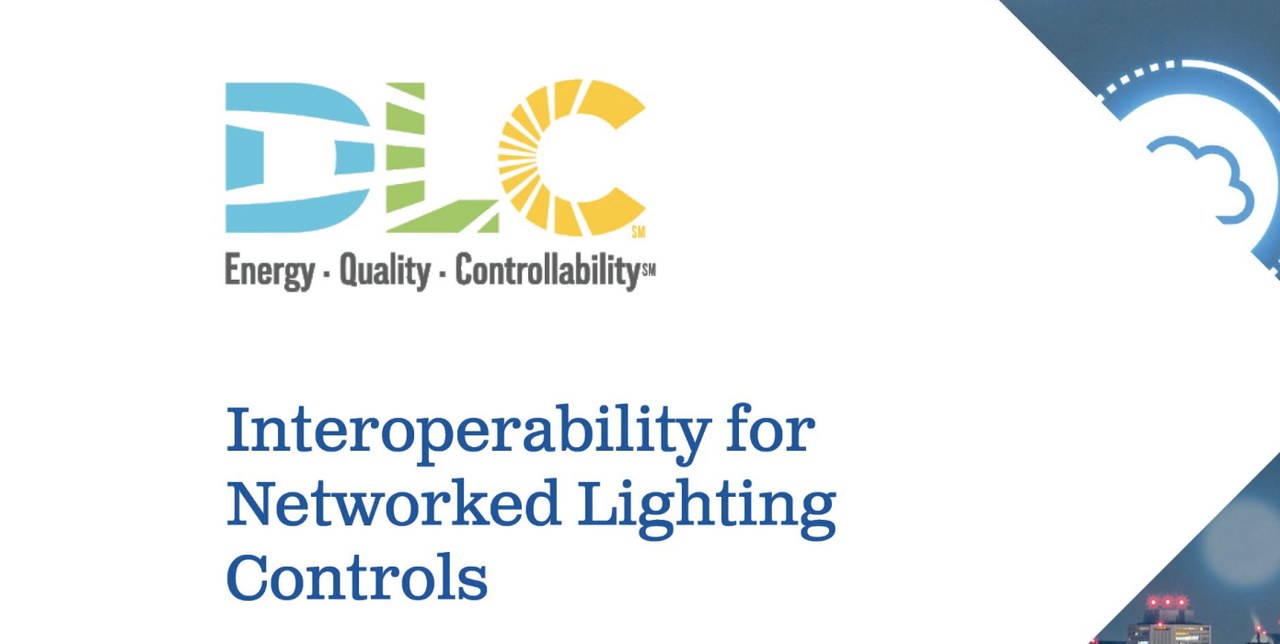New DLC Report: Interoperability for Networked Lighting Controls
Interoperability for Networked Lighting Controls explores the current interest in networked lighting controls (NLC) and the benefits various stakeholders can attain from championing interoperable systems. The report details three specific and actionable use cases and explains why interoperability is a core component for ongoing operation of energy savings programs and is essential for the long-lasting relevance of NLCs. At the end of each use case, the report outlines the steps lighting stakeholders can take to move the industry toward a more interoperable future.
Building systems, including Networked Lighting Control (NLC) systems, increasingly need to cooperate and communicate with other systems beyond their boundaries to achieve a higher level of operational efficiency and energy savings. The ability to exchange actionable information between two or more systems is called “interoperability”. Interoperability among building systems is the key enabler for unlocking benefits from cross-system operation and optimization.
The goal of this report is to illustrate how the broad topic of interoperability can be addressed by focusing on use cases with specific stakeholder value, market barriers, technical gaps, and necessary supportive interventions. Three use cases are explored in depth, and the methodology is described so that this approach can be applied to additional use cases in the future.
This report describes the need for NLC interoperability and the ways that interoperability can improve outcomes for building owners, operators, and other key stakeholders. It provides a foundation of common understanding about NLC interoperability by clarifying:
-
The definition of interoperability
-
The importance of interoperability for energy savings and other value-added services it enables
-
The barriers, opportunities, and value propositions associated with greater interoperability for various stakeholder groups

